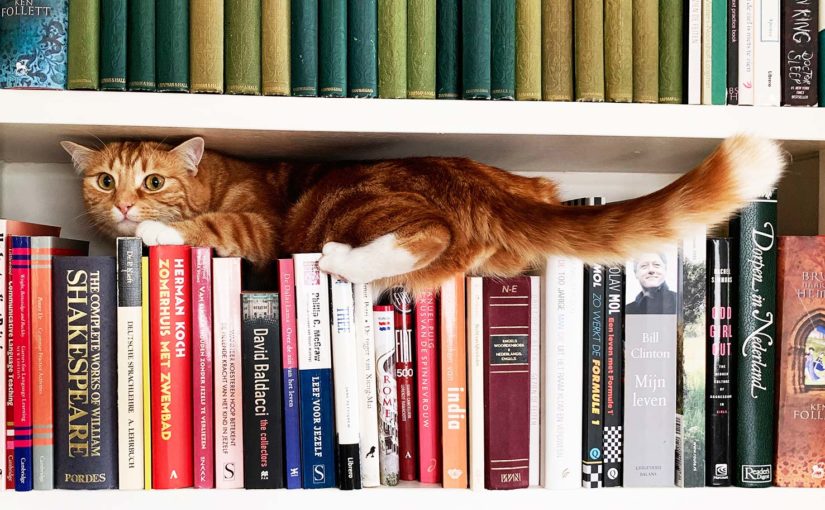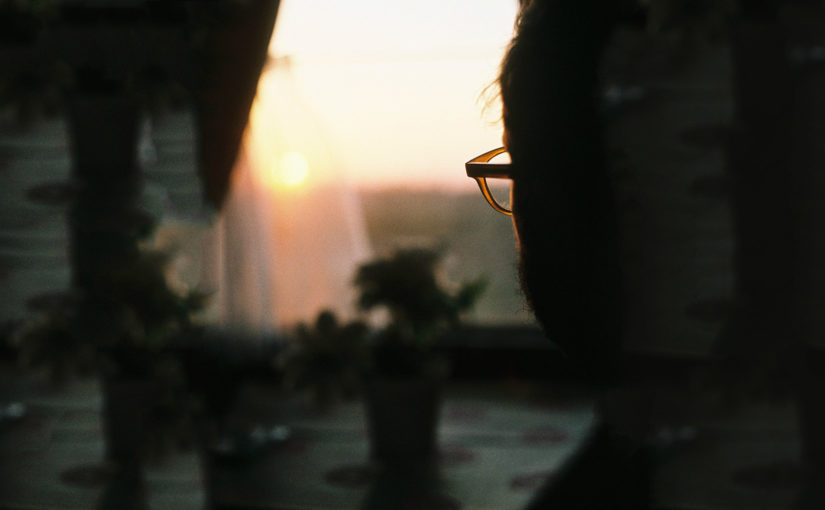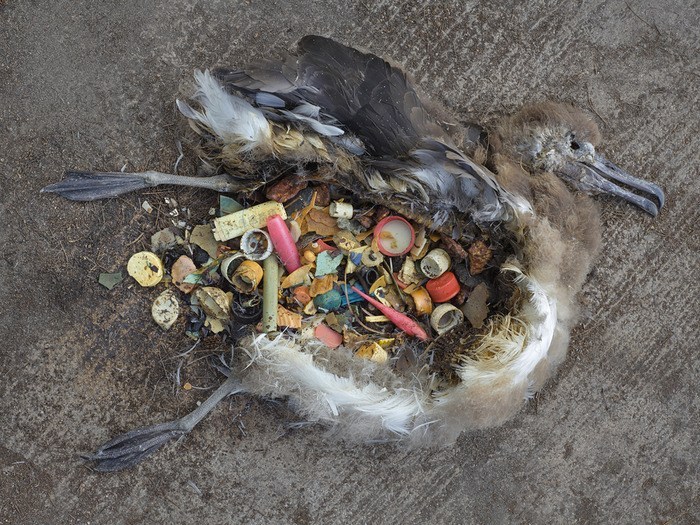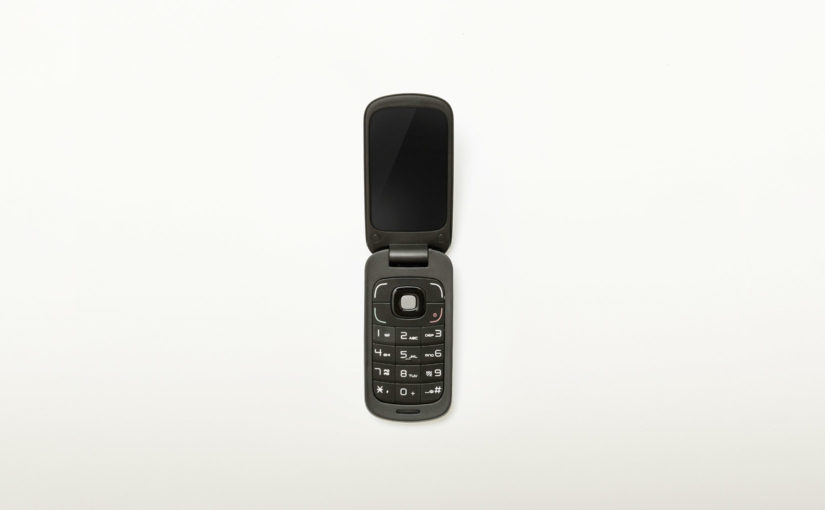I write down brief summaries of books read as a way to help retain my learnings and reflections from them, as well as to help improve my recommendations to others. For more reviews, check out the list from 2017 and 2016.
Non-fiction
How to Change Your Mind – Michael Pollan
This was absolutely the best book I read in 2018. I described my main takeaways here.
The Ascent of Money: A Financial History of the World – Niall Ferguson
This is a super fascinating read on the history of money. It belongs to that thick, epoch-defining class of books like Guns, Germs, and Steel and Sapiens. Definitely worth reading, especially for those interested in gaining a wider perspective on financial history before cryptocurrencies.
The Order of Time – Carlo Rovelli
I read this in an attempt to get a little more educated about wtf is happening in reality. It was pretty mind-blowing (non-subjective time doesn’t really exist??) and I’d like to revisit it again because I didn’t fully integrate its concepts into my everyday perception of life.
Quiet – Susan Cain
If you’re an introvert or love one, this book is worth a read. I wrote my reflections on it in a separate post.
12 Rules for Life: An Antidote to Chaos – Jordan B. Peterson
Peterson is the father figure who yells at you to stand up straight and give a shit. Forget about fixing the world: first fix your own life. Start by making your bed. Then tidy your kitchen. Then fix your relationships. Then help your neighbor. Do the right thing even when it doesn’t appear to make a difference, as it does matter: it makes you the person who did the right thing.
When everything is fucked, when you cannot find a friend even in yourself, sometimes your only move is some trivially small positive act. So just do that, and keep doing those tiny good deeds as best you can. Maybe it’s telling a partial truth when you might before have told a full lie. Maybe it’s just making the effort to wish someone well even when you want to feel resentful. Maybe it’s doing soul-crushing work for pennies but doing it with reverence and completeness, giving it every ounce of your capacity because this is the thing that’s in front of you, and you’re becoming the person who does their best regardless of the situation. Whatever you find that is positive and constructive to do, keep doing it. Close your eyes and don’t keep score. Trust that at some point, someday, all these constructive actions will one day bring you through this period of suffering darkness.
While this type of advice is my main recollection from this book, 12 Rules covers a wide range of subjects. This includes some interesting evolutionary psychology and heaps and heaps of Biblical interpretation. If you’re not keen on some parts, just skip through and find what does speak to you. It’s easy to hate 12 Rules, but the more difficult and courageous thing to do is to find something in it that speaks to you.
Ten Arguments for Deleting Your Social Media Accounts Right Now – Jaron Lanier
Very short book that’s well worth reading if you engage in social media. Sadly his arguments didn’t convince me to delete my social media accounts, I’m sure to my detriment.
Our Mathematical Universe: My Quest for the Ultimate Nature of Reality – Max Tegmark
I read this because it doesn’t strike me as unplausible that reality could be a mathematical structure. Not much stuck with me a year after reading this book, probably because I don’t have much foundational knowledge on astrophysics and quantum theory on which to attach Tegmark’s perspective.
Enlightenment Now: The Case for Reason, Science, Humanism, and Progress – Steven Pinker
Enlightenment Now puts into perspective all the technological and medical progress that amounts to this amazing time we live. However, I drastically disagree with him in his assessment that things only getting better. His perspective is entirely human-centric, but let’s think about all the lives of other species who have gotten worse and worse as the average human life has gotten better and better. I also can’t see how he remains optimistic despite the fact that we are living in an ecological crisis that will snowball into greater and greater peril for humanity.
Out of Your Mind – Alan Watts
In the fall I went on an Alan Watts binge. I resonate with his perspective on the nature of reality (briefly encapsulated in this quote), and I find listening to his work both comforting and helpful in broadening my perspective from my day-to-day concerns.
Radical Markets – Eric Posner and Glen Weyl
There were some cool ideas in this book, though I’m not sure I’d want to live in the world they prescribe. I was most taken by the idea that just like having open trade makes economical sense, opening talent trade—letting anyone work in any country—is likewise a good economical move.
Running Down a Dream – Tim Grahl
I picked up this book on overcoming creative blocks after seeing it on Ryan Holiday’s mailing list. It’s really short—I listened to the audiobook in a Saturday afternoon walking around doing errands. Objectively, The War of Art, Steven Pressfield’s book on the same topic, is a superior book, but I enjoyed the approachability of “Running Down a Dream.” There’s something about how up front Grahl is with his flaws that made me think, “Well, this guy’s obviously like me.” The book made me feel like: maybe there is some worth to my creative works even if they are not masterpieces, maybe there’s worth in my churning out work to get to the work that’s not shit. However, I didn’t seem to stick to his advice too well. When I published “kinda done” blog entries, I quickly became embarrassed and unpublished them. But that experiment helped me understand what “done” felt like and helped me get over a little of the vulnerability of putting out work.
The Behavior Gap: Simple Ways to Stop Doing Dumb Things with Money – Carl Richards
I tend to read lots of books on the same subjects: meditation, personal finance, health and fitness, productivity, and creativity. A lot of these books have similar content and while I’m always looking for new insight, I’m also just looking to get in the right mindset and renew my inspiration for my goals. Not much to say about this book except that it inspired me to recommit to my savings goals.
Girl, Wash Your Face – Rachel Hollis
I balked when this repeatedly showed up on my book recommendation list: “Recommendation algorithm, sorry but you’re confusing me with some basic bitch,” I thought. Or… maybe not. I picked up the book one day when I was feeling low. It’s a collection of “you can do it!” inspirational stories through a particularly American-millennial-mom lens. Hollis’s open candidness about her life is endearing, and I can see how she’s come to amass a legion of fans. It’s a fun, heartfelt read and I enjoyed the three days I spent listening to it.
Wherever You Go There You Are – Jon Kabat-Zinn
I was trying to find some inspiration for meditation and picked this up. It’s an intro book to mindfulness and for whatever reason it didn’t speak to me.
Fiction
I learned a few things from this year’s fiction adventure: online reviews of fiction books tend to be less reliable than those of nonfiction books. I also learned to be cautious of young adult fiction if I’m interested in good writing.
Siddartha – Herman Hesse
I loved this book! It perfectly encapsulates the undulating pull from worldly desires to spiritual devotion.
Off to Be the Wizard – Scott Meyer
Fun fiction read about a guy who programs magical powers. Cute but not especially compelling.
City of Bones series – Cassandra Clare
This was where I started my hunt for a good fantasy book with a female lead. Albeit trashy young adult fiction and not recommended, this series was a fun escape during the dark winter months.
Throne of Glass series – Sarah J. Maas
Another attempt to find a good fantasy book with a female lead. I got frustrated by the crappy writing (how many times can you have your characters “huff”? Maas’s answer: let’s find out!). The characters are either evil or possess the same guilt-martyr complex. But the series is a page-turner and my inner thirteen-year-old is a sucker for fae fantasies and love triangles, so I stuck with the series for most of the way through.





